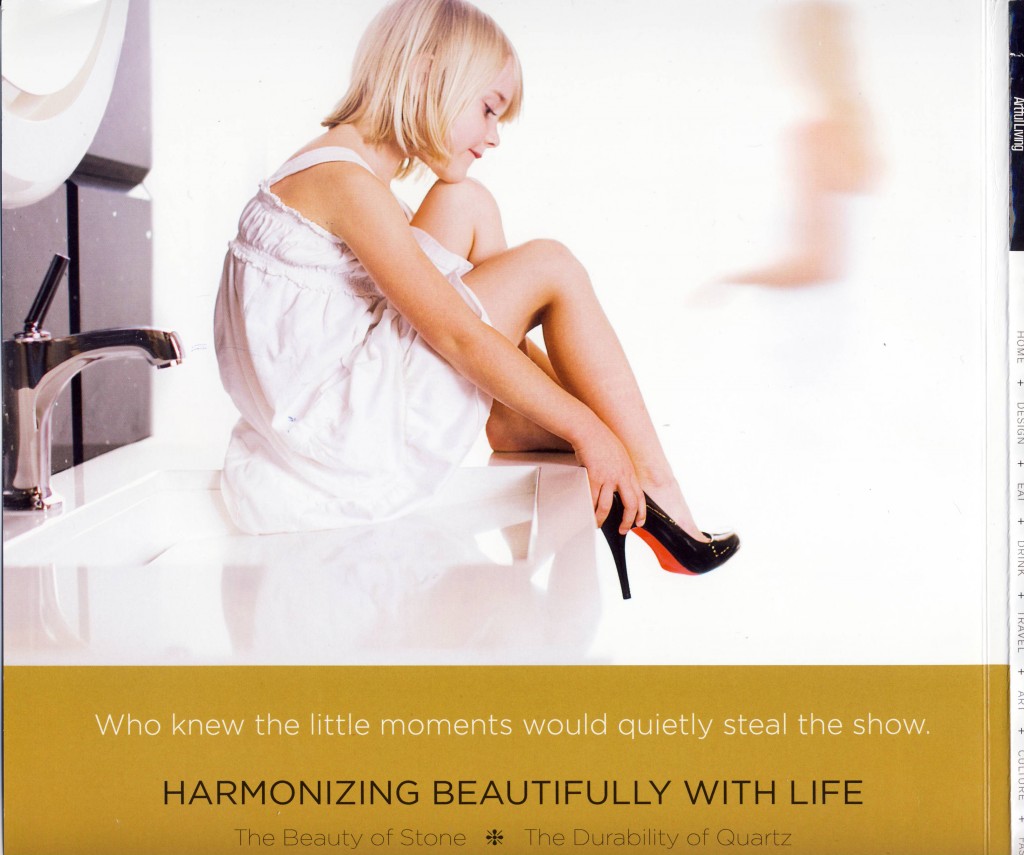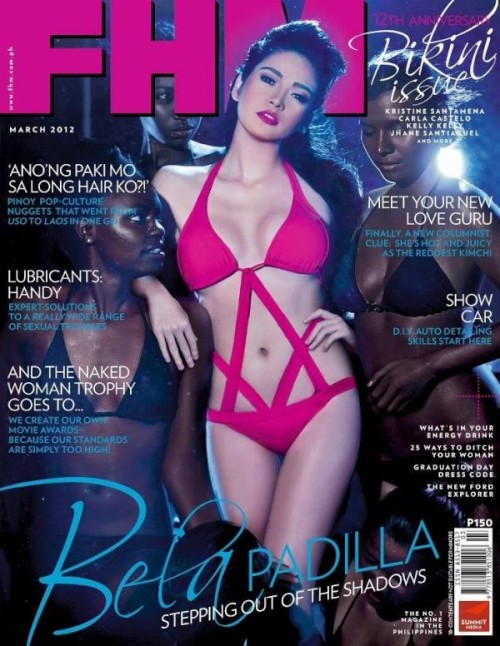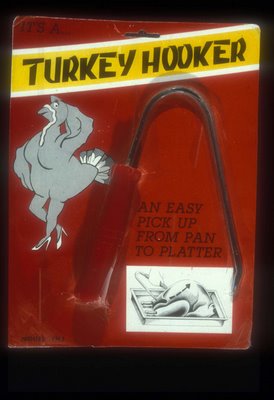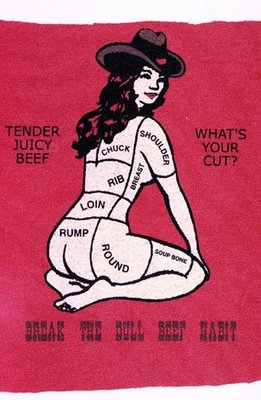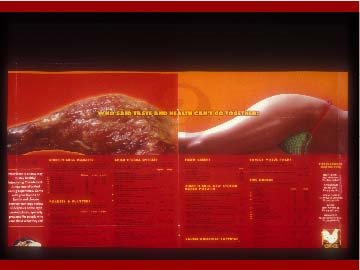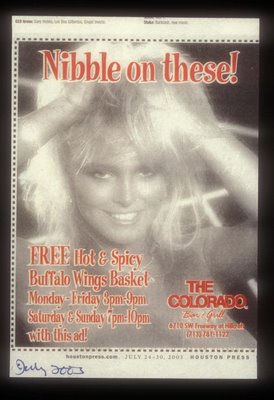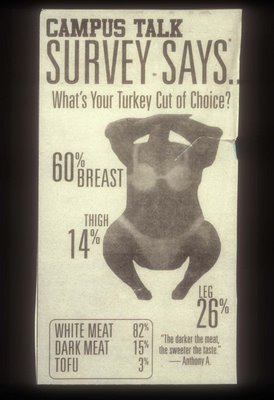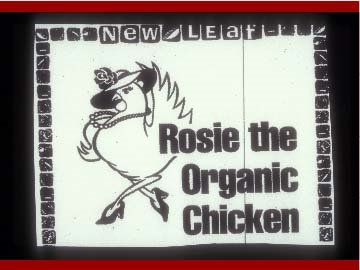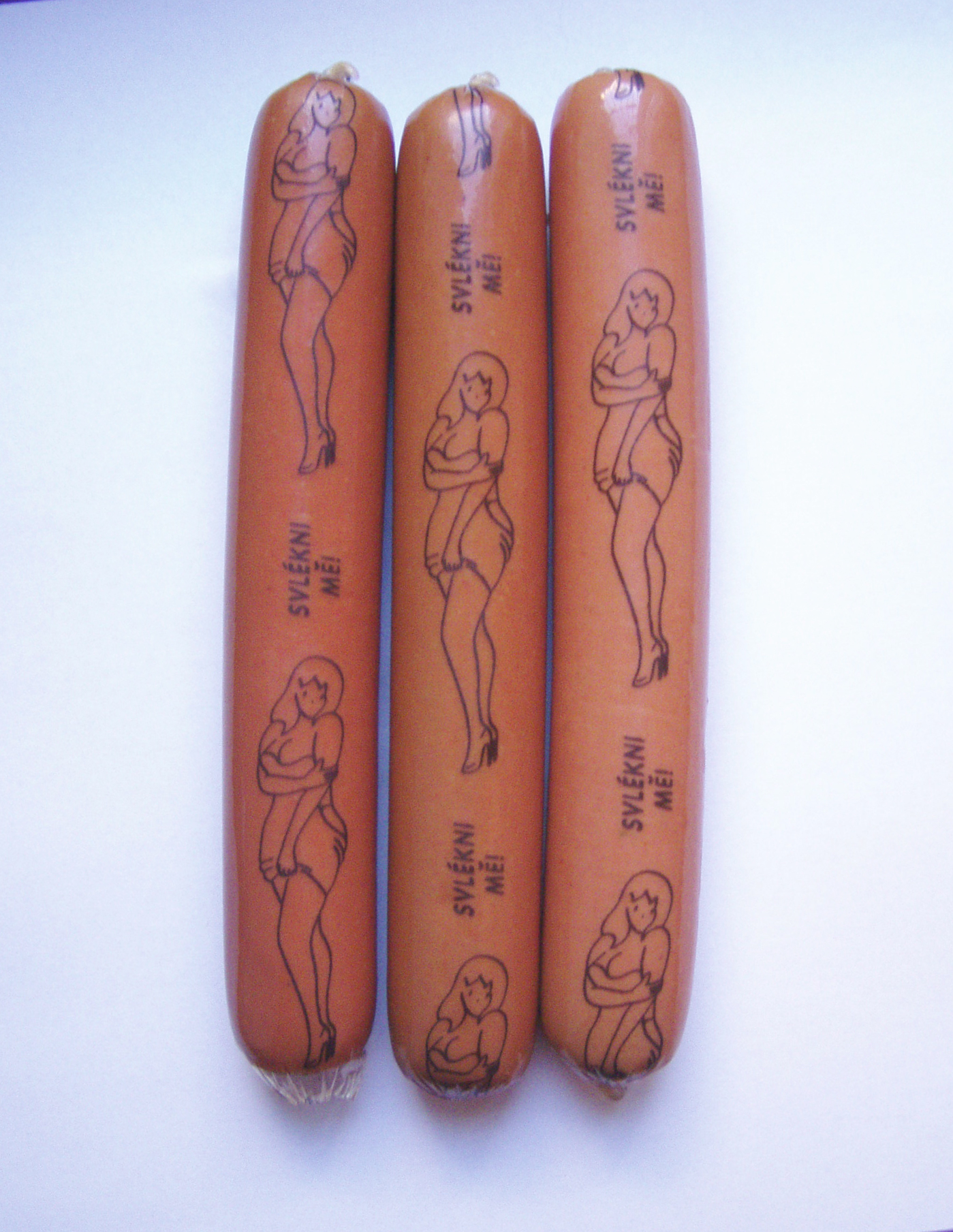In this two minute clip, comedian Kate Berlant casually makes the case that women should steal cosmetics because, to paraphrase Berlant, no one should have to constantly pay for their own domination. Enjoy!
Thanks Letta!
Lisa Wade, PhD is an Associate Professor at Tulane University. She is the author of American Hookup, a book about college sexual culture; a textbook about gender; and a forthcoming introductory text: Terrible Magnificent Sociology. You can follow her on Twitter and Instagram.

